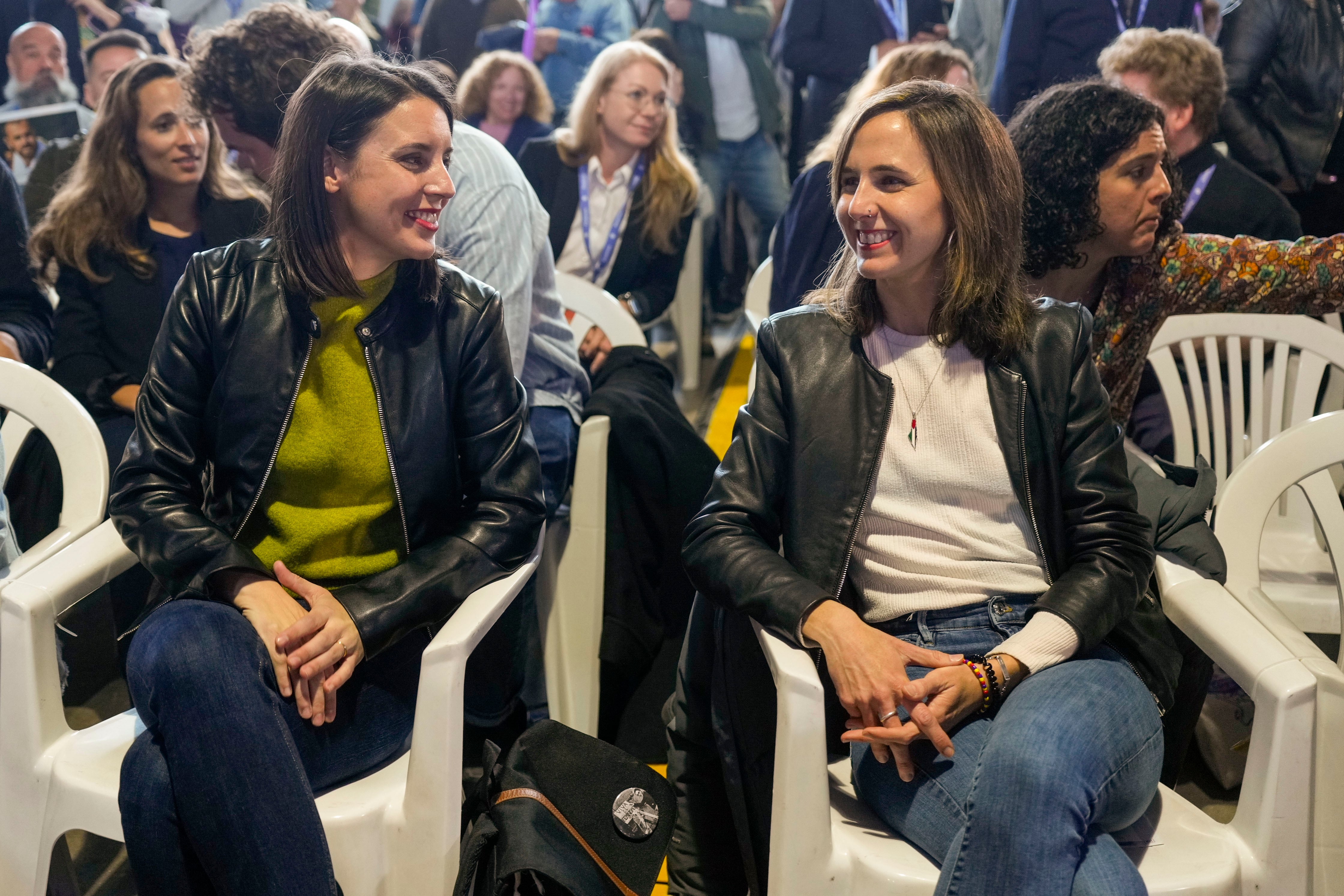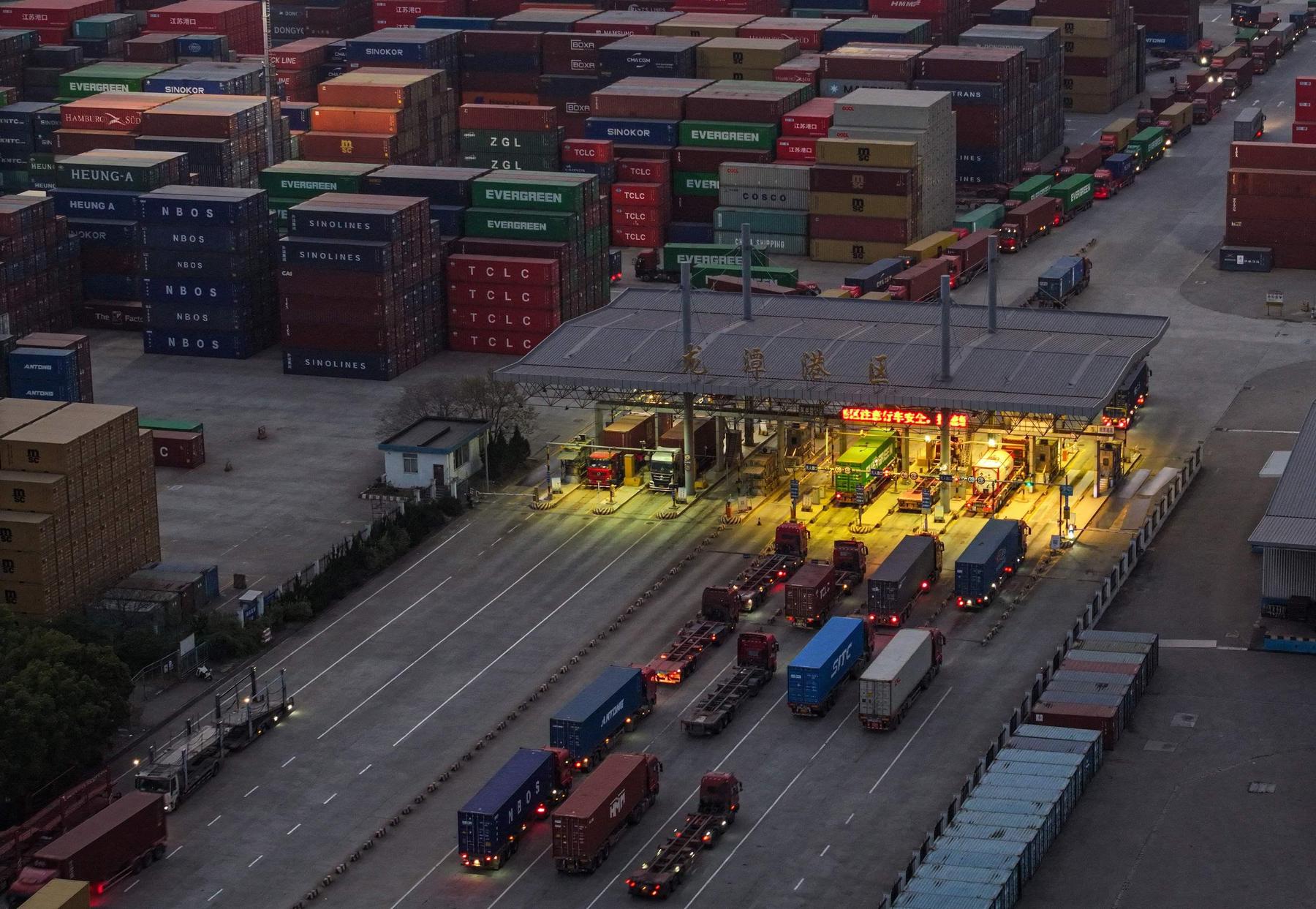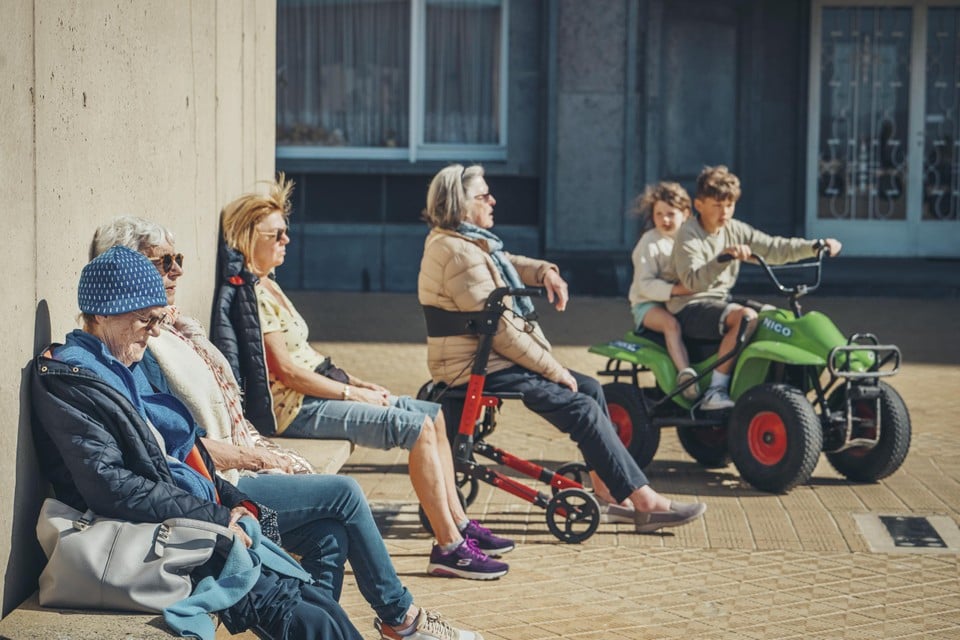From the rifts we miss all

The descendant of Archbishop Anastasios, Archbishop of Tirana, Durres and all of Albania, Joan Pelushi, recently conducted an interview with Greek media to Vima where he spoke about the progress and future of the Church of Albania, while lists the events that marked his life.
Full Interview:
-The death of the Blessed Archbishop of Albania left a serious legacy. Can you describe your feelings as his descendant and what are your thoughts on the future of the Church of Albania?
Archbishop: The departure from the life of the late Archbishop Anastasios left a great void in our church. We were safe when we had it, because every problem that was raised was solved by him, as well as the spirit he spread within the church, focusing on certain directions.
-You were born in a Bektashi environment. Your family members were jailed by the atheist regime. When you got the call for Christianity and what difficulties did you have to overcome since then?
Archbishop: The environment where I grew up was very different from the one that was perceived from the outside. It cannot be understood without the recognition of all the historical, cultural and political conditions of our country. My ancestors were Christians, but during the Ottoman rule they converted to Bektashi. A large spread of Bektashism occurred in the time of Ali Pasha Tepelena, who was also Bektashi himself, especially in the south of Albania, where the province of my parents is located. But the conversion did not occur immediately and there was no religious reason.
The main reasons were: discrimination, aggravated tax system, and the desire for different benefits. However, no other personal or collective reasons are excluded. Christians probably felt more comfortable by accepting Bektashism because it did not conflict with official Islam and at the same time they could preserve many of their practices. But in the era and the environment where I grew up, they practiced no faith. It was not that I practiced a belief and then converted. My first contact with faith occurred in 1974, when I was in my fourth year of high school.
Coincidentally, the New Testament, something rare at the time, fell in my hand. When I read it, something changed deep in my soul. The way it was written, the simple but very deep words of God convinced me of its truth. These are psychological truths. Even when someone tells you something, many times, the way he says to convince him that is true. So the Gospel was my first faith. Then I decided to be baptized, which was done a little later.
-Your candidacy for the Archbishopal throne was accompanied by reactions, on the grounds that the Greek element of your country would be marginalized. What is your reaction to these concerns?
-Cryepeskopi: I do not know there have been reactions, this is the first time I hear this. Therefore, this question seems strange to me, because there were no reactions inside the church, in fact it was very enthusiastic. When I say inside the church, all its members are included: members of the Autocephalous Orthodox Church of Albania are all those who have been baptized in the Orthodox Church and are inhabitants of Albania, regardless of origin. I believe that no one in our church feels marginalized and there is no reason for concern, because nothing has changed within the church. If you have information about the concerns, whatever they are, with all the respect we have for every person or group of people, I think it is not a matter within the church. We will continue what Archbishop Anastasios always told us: we will do only what is good for the Church and when he said about the Church, he meant what is good for all its members.
-Relations between the Ecumenical Patriarchate and the Moscow Patriarchate are currently at a point of breaking, causing many people to talk about a rift. In your opinion, how can this situation be resolved and what attitude do you intend to hold about all this?
Archbishop: I believe that if there is good will, everything can be achieved. From disruption and disputes, we all lose, no one wins. For our attitude, we have a well -known Synod decision and we have nothing to add. However, our church will always be ready to make its little support and contribution to resolving this complex issue, for God’s glory and for the good of the entire Orthodox Church.
-Our society continues to experience various forms of unrest that threaten the peace and prosperity of the respective societies. What is the attitude of the Albanian Orthodox Church towards this danger and what initiatives and joint efforts, if any, are you planning in cooperation with other religious communities in your country?
-Cryepeskopi: The Orthodox Church of Albania has tried to maintain peace and peaceful coexistence between different peoples, especially with its neighbors. We are not only enough in words, but we have made considerable and continuous efforts to avoid conflicts, to the extent we have been able to seek to further cooperate with religious communities, at home and abroad, as well as the Autocephalous Orthodox Church of Albania will continue to be friendly and want to live in peace with you, » with everyone ”.
-When at a young age you decided to return to your country from Boston, where you have studied theology, have you ever thought that one day you will be in your current position?
-Cryepeskopi: My first contact with Archbishop Anastasios was in 1992. One of my professors, Metropolitan Demetrios of Vresthene and later Archbishop of America, as he was a close friend of Archbishop Anastasios, who in their early youth told me about his activity in Greece and his mission in Africa. Through him I got in touch with the Archbishop, whom I told him that when I finished my studies I would return to Albania.
He rejoiced and congratulated me. At that time the situation in Albania was difficult, but I thought that in America a priest would be more or less the same, while in Albania there was a great need for clergy. Moreover, it was my place, the place where I was born and raised and I felt an obligation. These were the reasons why I returned. As for the second question, it is difficult to answer, because now many answers, even if they are sincere, have become standard and incredible.
For the first two decades after my return, I didn’t mind because I didn’t want such a burden .. But Archbishop Anastasios insisted, telling me often, that I would take this responsibility, but I hesitate for many reasons. After a long persistence on his part, about two years ago, I told him that if it is God’s will and if I chose me, I would not refuse it.
-What were the determining events that marked your life?
-Cryepeskopi: The first defining event was meeting the Gospel, who changed the whole course of my life and constantly thank God in my heart for this invaluable gift. Later, my meeting and friendship with a great believer and scholar, Mr. Petros Zey, who became my sponsor. We traveled with him in the difficult years of communist persecution, as members of a small underground life gave me to leave Albania and study in Boston and meeting with Archbishop Anastasios, who became an example for me and for the clergy in Albania how to be an Orthodox clergyman, I thank the Lord I have lived with these rare people.




